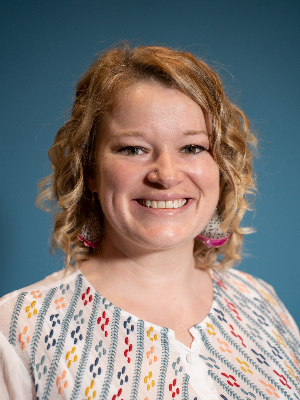
May 5-9, 2025 - Virtual via Zoom
Feeding therapy is most effective when families feel supported, understood, and empowered. This session explores practical, family-centered approaches to addressing feeding challenges in early childhood, emphasizing trust, collaboration, and sustainable progress. Participants will learn how to foster positive mealtime experiences, integrate family routines, and address common caregiver concerns with empathy and evidence-based strategies. Whether working with selective eaters, children with developmental differences, or families struggling with mealtime stress, this session will provide actionable tools to create meaningful, lasting change.

Sarina Murrell is a multilingual medical speech-language pathologist with 15+ years as an educator and 10+ years’ in the field of speech-language pathology, working in medical operations for cleft-lip/palate, children’s hospitals in NICU/PICU and outpatient feeding clinics, autism centers, home-based early intervention and public schools across the US, Ecuador, and China. Sarina is the founder and director of The Airplane Spoon - a private practice for babies, children, and parents in feeding, communication, and coaching.